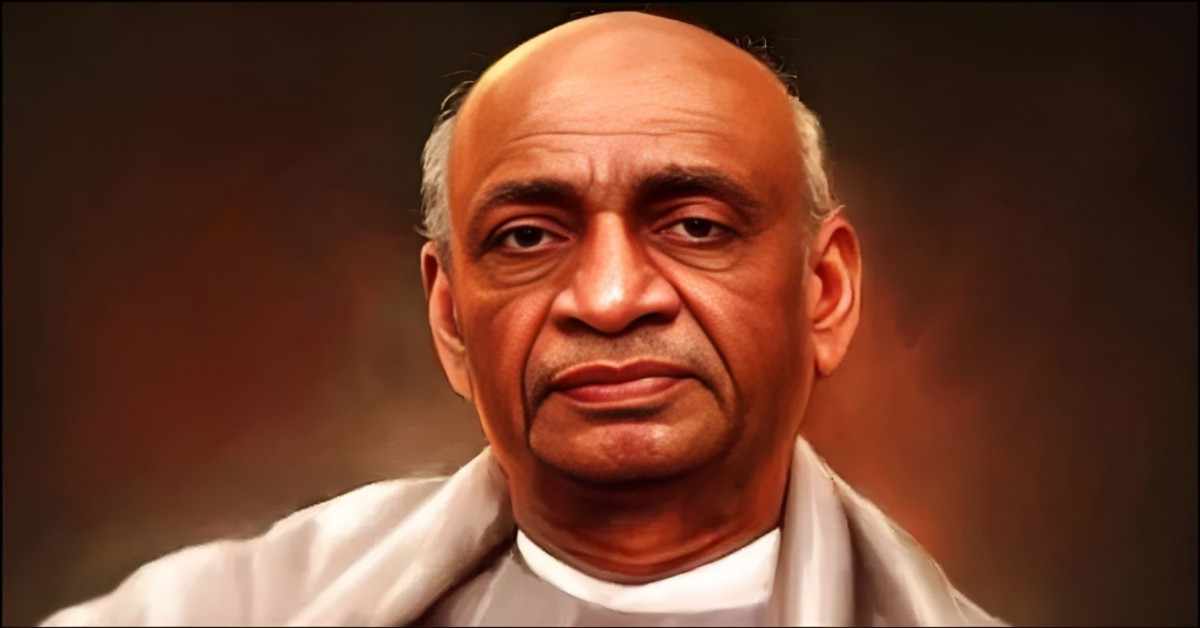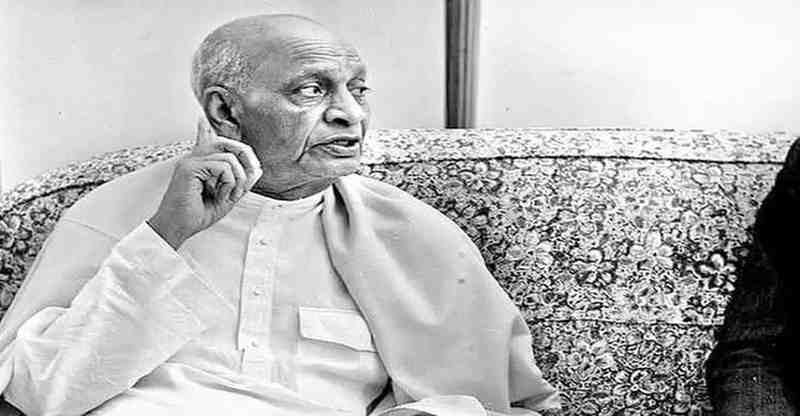National Unity Day (Rashtriya Ekta Diwas) is observed annually on October 31 across India, commemorating the birth anniversary of Sardar Vallabhbhai Patel, also known as the “Iron Man of India.” As we approach the 149th anniversary of his birth in 2024, this day serves not only to honor Patel’s immense contributions to the nation’s unity but also to reaffirm our commitment to preserving the integrity of India.
Click Here: India’s Independence Day 2024: Significance, Themes, Chief Guests & Historical Facts
The Significance of National Unity Day
The Government of India established National Unity Day in 2014 under the leadership of Prime Minister Narendra Modi. The day aims to pay homage to Sardar Patel’s efforts in uniting the nation, reminding us of the values he stood for: unity, integrity, and security. Observing this day allows citizens to reflect on the importance of national cohesion and the need for collective efforts toward nation-building.
The Inception of National Unity Day
The first National Unity Day was celebrated on October 31, 2014. The observance aims to instill a sense of unity among citizens while honoring the vision and actions of Sardar Vallabhbhai Patel, which were pivotal in shaping modern India. The initiative is also a reminder of the importance of maintaining national integrity in the face of diverse challenges.
Who Was Sardar Vallabhbhai Patel?
Early Life and Education
- Born on October 31, 1875, in Nadiad, Gujarat, Sardar Vallabhbhai Patel was a lawyer by profession.
- His journey from a small town to becoming one of India’s foremost leaders is marked by his commitment to justice and national integrity.
Rise to Prominence
- Patel gained prominence during the Bardoli Satyagraha in 1928, showcasing exceptional organizational skills that elevated him to the status of a national hero.
- This movement earned him the title of ‘Sardar’ (chief), reflecting his leadership qualities and dedication to the cause of Indian independence.
Political Milestones
- In 1931, he was elected President of the Indian National Congress (INC) during its Karachi Session.
- Upon India’s independence on August 15, 1947, Patel took the oath as the first Deputy Prime Minister and Home Minister in the government under Prime Minister Jawaharlal Nehru.
Sardar Vallabhbhai Patel’s Contributions to Nation-Building
A Catalyst for Unity
Sardar Patel’s contributions to the Indian independence movement and the formation of the nation are unparalleled. Here are a few key contributions that highlight his legacy:
- Formation of All India Services: Patel envisioned the All India Services as the “Steel Frame of India.” His vision was to establish a robust administrative system to uphold the nation’s unity and integrity. This framework continues to serve as the backbone of India’s civil services today.
- Integration of Princely States: Patel played a crucial role in unifying over 550 princely states into the Indian Union, ensuring that India emerged as a cohesive entity post-independence. His strategic negotiations and firm decisions were vital in this endeavor.
Sardar Patel’s Vision for India
Patel envisioned a strong and self-reliant India, where diversity would be celebrated as a strength. His ideals continue to inspire generations, and the spirit of National Unity Day is a testament to this vision.
The Rashtriya Ekta Diwas Pledge
As part of the National Unity Day celebrations, citizens are encouraged to take the Rashtriya Ekta Diwas Pledge:
“I solemnly pledge that I dedicate myself to preserve the unity, integrity, and security of the nation and also strive hard to spread this message among my fellow countrymen. I take this pledge in the spirit of the unification of my country, which was made possible by the vision and actions of Sardar Vallabhbhai Patel. I also solemnly resolve to make my own contribution to ensure the internal security of my country.”
This pledge is a reminder of our shared responsibility in fostering a united India.
Celebrating National Unity Day: Events and Initiatives
‘Run for Unity’ Event
The ‘Run for Unity’ event, inaugurated by Union Home Minister Amit Shah, is a key part of the National Unity Day celebrations. First initiated in 2015 by Prime Minister Modi, this event encourages participation from people across the nation, symbolizing unity and collective strength.
- Participation and Dignitaries: The 2024 event saw participation from various dignitaries, including Union Ministers and local leaders. This gathering serves as a platform to reflect on Patel’s legacy and the importance of national unity in today’s context.
Addressing the Gathering
During the event, Shah emphasized the critical role Sardar Patel played in uniting the nation and expressed the government’s commitment to building a developed India by 2047. He noted that the Run for Unity has transformed into a national pledge for unity and progress.
- Legacy of Leadership: Shah remarked on how Patel’s decisive actions and vision laid the foundation for a powerful and unified India. The celebration of National Unity Day is a continuation of this legacy, inspiring citizens to work toward a better future.

The Statue of Unity
A monumental tribute to Sardar Patel is the Statue of Unity, the world’s tallest statue located in Kevadia, Gujarat. This statue symbolizes not only Patel’s contributions but also serves as a reminder of the importance of unity in a diverse nation.
- Cultural and Historical Significance: The statue has become a significant tourist attraction, drawing visitors from across the globe. It stands as a testament to the values of integrity and unity that Patel championed throughout his life.
Reflecting on the Values of National Unity Day
Inspiration for the Youth
On National Unity Day, the youth of India are particularly encouraged to draw inspiration from Sardar Patel’s ideals. His commitment to the nation serves as a guiding light for future generations, reminding them of the importance of unity in diversity.
- Community Engagement: Local communities often organize events and activities that promote the ideals of Sardar Patel. Engaging the youth in these initiatives fosters a sense of belonging and responsibility toward the nation.
A Call to Action
As we observe National Unity Day (Rashtriya Ekta Diwas) in 2024, let us reaffirm our commitment to preserving the unity and integrity of our nation. Each one of us plays a crucial role in building a cohesive society that respects diversity while standing together for a common cause.
Click Here: 78th Infantry Day 2024
Conclusion: Building a United India
National Unity Day serves as a powerful reminder of the legacy of Sardar Vallabhbhai Patel and the ongoing efforts required to maintain unity in our diverse nation. As we celebrate this day, let us honor Patel’s vision and strive to uphold the principles of unity, integrity, and security.
- Looking Forward: As we move toward 2047, the centenary of our independence, let us work collectively toward a developed, self-reliant India that embodies the ideals of Sardar Vallabhbhai Patel.

